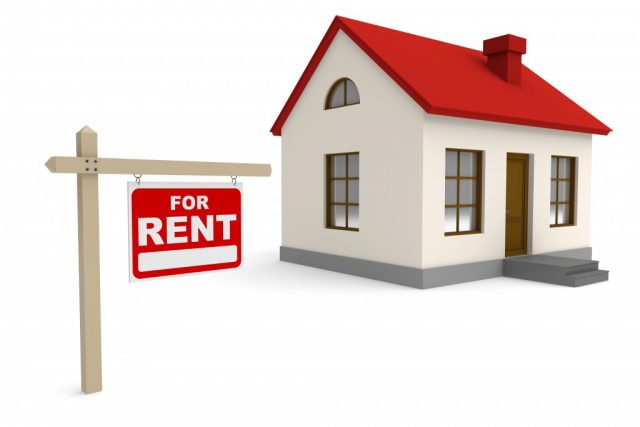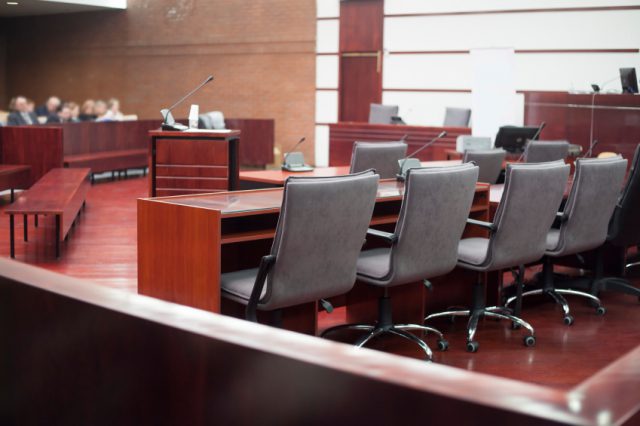If you are already a landlord or are considering becoming one, it is important to understand the work that needs to be done in order to reap the rewards of the industry and make your tenants happy.
Follow our advice on preparing your property for future tenants, in order to achieve the best rental experience for all involved.
- Structural repairs
Any major repairs should be completed when the property is empty. To fully understand what needs to be done, don’t just inspect the property yourself, ask previous tenants to tell you what they think needs improving.
In terms of budgeting, prioritise repair work by focusing on the crucial issues first, for example, any damp or loose roof tiles.
If your property is in a good condition, it is still a good idea to touch things up, such as decorating or fixing squeaky doors.
- De-personalising
If a past tenant has been in a long-term agreement, they may have decorated the property to their tastes. This can cause your property to be inappropriately presented for other tenant types, such as children’s wallpaper in a student house.
The best option is to paint or wallpaper in neutral and plain tones. These often last longer and will suit all tenants.
- Cleaning
A property should always be cleaned thoroughly before a tenant moves in. You could hire or buy a steam cleaner for floors, furnishings and curtains. Pay extra attention to the bathroom and kitchen, which should be spotless.
It could be a good idea to hire a professional cleaner, however these can be expensive. Although tenants are more likely to treat the property well if it is faultless when they move in.
- Plumbing
One of the biggest problems to tenants is faulty plumbing. Lack of hot water, broken radiators and leaking taps are all things that will cause hassle for you and your tenants. A trustworthy plumber should inspect the property and make any necessary repairs that will hopefully last for at least a year.
- Appliances
If you can afford to, replacing kitchen appliances can be really beneficial. The state of the kitchen can bring the price of rent down, and tenants will be more inclined to move into a property with modern utilities.

Preparing your Property for Renting
You will also avoid costly repair bills with new appliances and the value of the property could increase. Some stores may have landlord deals on these goods and also ensure they have the required safety checks. It is also important to opt into the warranty.
- The garden
If the property has a garden, either front, back or both, it should be neat and tidy when the tenant moves in. Cut the lawn and trim any hedges. If the tenant is required to maintain the garden, offer tools and equipment.
You could hire a professional gardener, as tenants place having a garden near the top of their wish lists. A well-presented garden could attract more tenants.
- Prepare information for tenants
Keep a folder in the property for your tenants including any instruction leaflets to utilities and a list of contacts in case the tenant needs something. This allows the tenant to sort things themselves and not rely on you constantly.
- Keys
Unfortunately, tenants often lose their keys. You should ensure you have several copies of your property’s keys cut. Keep one yourself and give some to your letting agent, who will give them to tenants.
For doors and windows inside the property, clearly label individual keys and leave these in the home.
You could get lost key cover on your insurance policy to avoid high costs for changing locks.
- Energy Performance Certificate (EPC)
An EPC is required by law and you must also give it to the tenant. This document is valid for ten years and details the energy efficiency of the property. Contact an accredited domestic energy assessor (DEA) to survey your property if you need an EPC.
- Gas safety certificate
Any appliances using gas should be kept safe and serviced every year by an approved tradesperson. Your tenant should also be given a copy of this certificate.
- Electrical safety
You should regularly inspect and record the conditions of all electrical appliances and equipment in the property if you have supplied it.
- Landlord insurance
It is important to note that standard home insurance does not cover rental properties, and for these you will need landlord insurance.
- The market
If you are receiving high returns from your rental property, you could expand your portfolio in the same area. If you are looking to sell the home, look into prices in the local area.



